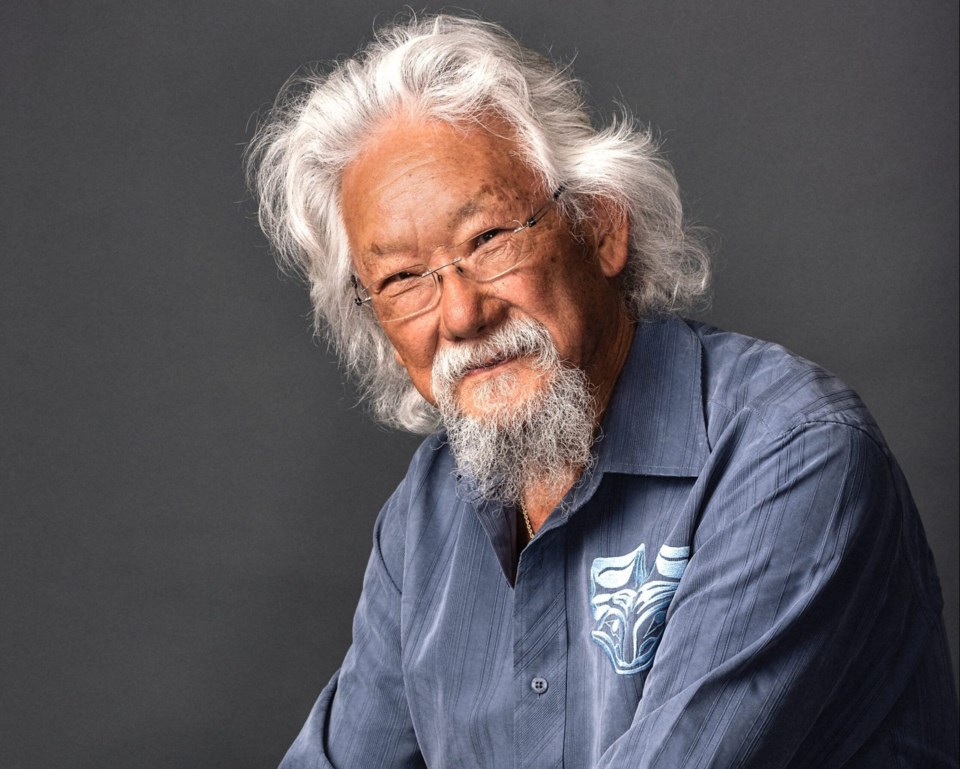It’s never been more important for people in Canada to focus on protecting and restoring life-sustaining nature and advancing social justice. But our governments are instead fuelling accelerated industrial expansion and trampling Indigenous rights. It’s dismaying.
Governments throughout Canada are showing a renewed zeal for extraction, often accompanied by a failure to uphold Indigenous rights. It’s sometimes opportunistically framed as a response to the current unstable geopolitical situation brought about by chaotic United States politics and policies.
British Columbia just passed Bill 15 to fast-track infrastructure projects. First Nations argued it “gives B.C. leeway to steamroll First Nations rights and environmental protections.”
Alberta has discarded even the pretense of upholding a responsibility to steward wildlife. It’s proposing to let U.S.–based Weyerhaeuser clearcut the last winter range forests of two highly imperilled mountain caribou populations. The plan would also approve increased oil and gas development in their habitats.
Ontario pushed through Bill 5, the Protect Ontario by Unleashing Our Economy Act, which allows it to designate “special economic zones” where business projects can be exempted from provincial or municipal laws and the province can ignore its duty to obtain free, prior and informed consent from Indigenous nations.
The federal government has joined the fray, trying to ram through the Building Canada Act, another avenue for fast-tracking potentially ecologically harmful projects that it deems to be “in the public interest.”
All fail to acknowledge that healthy ecosystems are foundational to healthy economies.
Why is this happening, when the measures needed to address the climate and biodiversity crises are clear? (We need to set limits to resource extraction activities, leave fossil fuels in the ground, invest in renewables and restore degraded ecosystems.) Why now, when steps to halt and reverse nature loss and uphold Indigenous rights are finally beginning to take shape?
If it feels like backlash against recent progress, a doubling down, it’s because it likely is. Those who have filled their pockets with industrial extraction spoils are fighting to defend the status quo — or improve it for industry by slashing remaining safeguards. Power, politics and profits are common bedfellows.
As Naomi Klein and Astra Taylor write in a Guardian article, “The rise of end times fascism,” many in power globally (in governments or influencing governments) have abdicated their responsibilities to the planet and the commons, favouring a future built on artificial intelligence, a belief in religious redemption and fervent libertarianism. Instead of investing in social and ecological repair, they’re investing in extracting more resources faster and fixating on other planets to inhabit as their negligence brings about ecological collapse on this one.
“Indeed, in a strange twist on the Old Testament tale, Musk and his fellow tech billionaires, having arrogated god-like powers to themselves, aren’t content to just build the arks,” Klein and Taylor write. “They appear to be doing their best to cause the flood.”
Those with power tend to embrace an “end of times” mentality rather than potential changes to their own status: “End times fascism is a darkly festive fatalism — a final refuge for those who find it easier to celebrate destruction than imagine living without supremacy.”
With so much chaos in the world, the pull of some form of fatalism is understandable. It’s difficult to watch continued environmental destruction and to fight year after year against the many political and industrial activities wreaking ecological havoc.
But environmentalism springs from love of the world and a deep understanding of its regenerative abilities. Most of us also know that humans can be forces for good — rectifying mistakes, upholding social justice, advancing reconciliation and creating positive change.
We can counter the “end times” narrative by articulating our unwavering sense of responsibility to Earth’s future, each other and the myriad plant, animal, fungi and other species that fill the planet’s nooks, ocean waters, rivers, forests and fields with songs and colour.
As Klein and Taylor write, we can create a different story than the one guiding current policies around stewardship of nature and each other: “A story not of end times, but of better times; not of separation and supremacy, but of interdependence and belonging; not of escaping, but staying put and staying faithful to the troubled earthly reality in which we are enmeshed and bound.”
David Suzuki is a scientist, broadcaster, author and co-founder of the David Suzuki Foundation. Written with David Suzuki Foundation Boreal Project Manager Rachel Plotkin.
Learn more at davidsuzuki.org.




